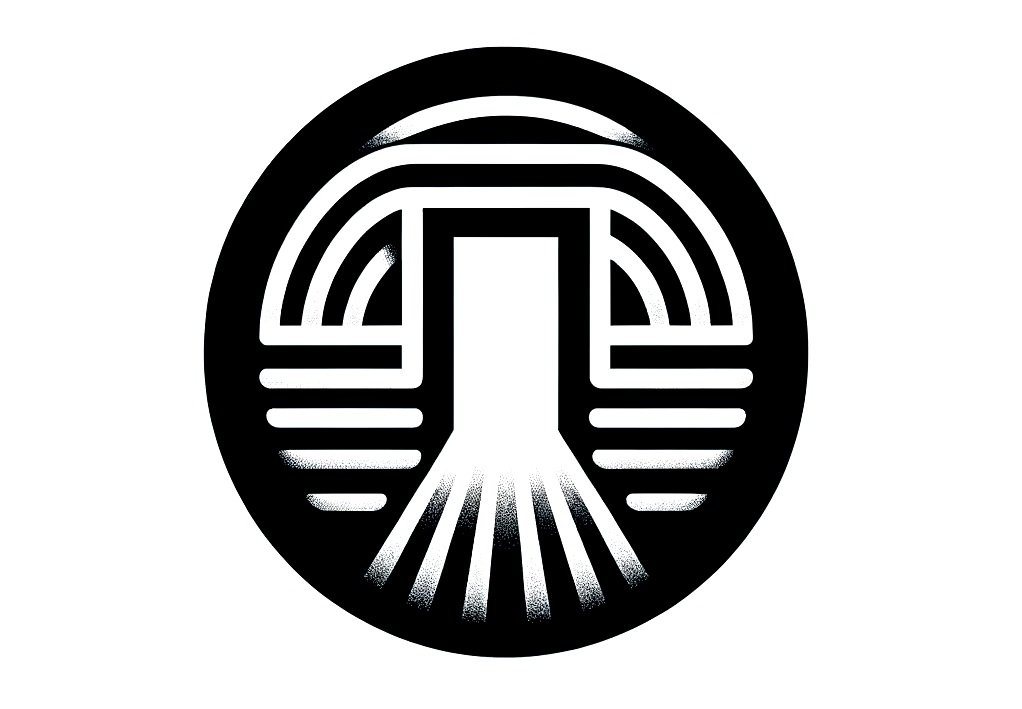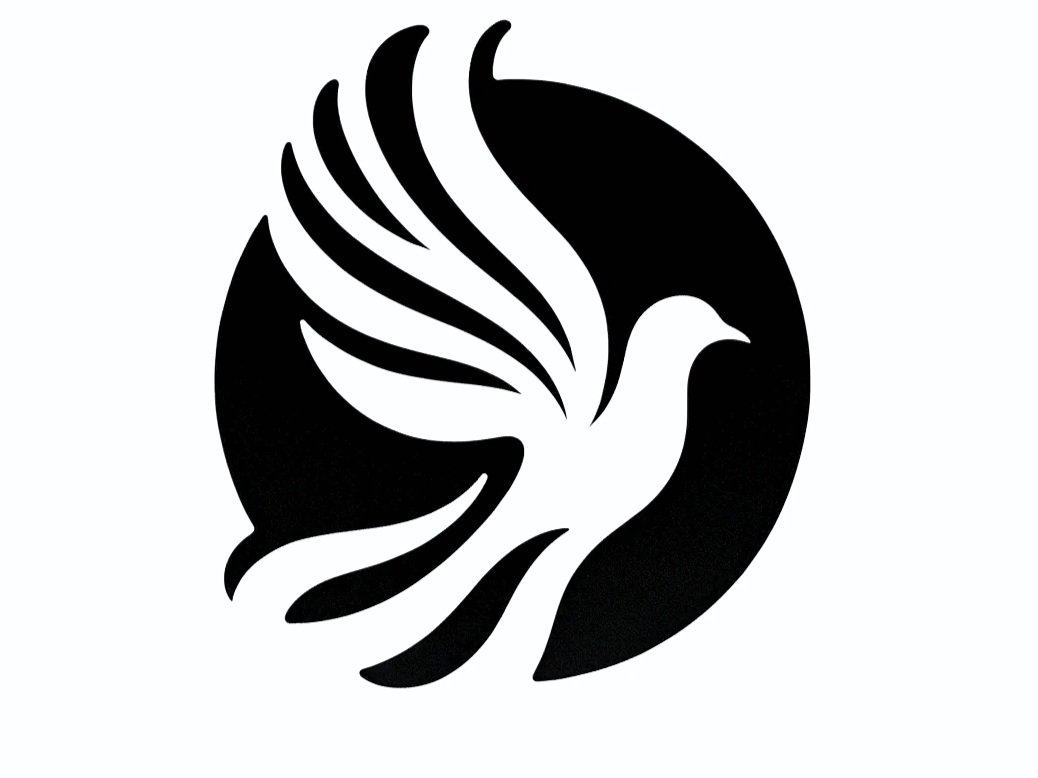Translation Commitments
-

Faithfulness to the text
I want the original voices of the scriptures to speak in their own strange way, trying to be true to both the Greek and English and the literary purposes of text. Metaphors and image-words in the Greek text (e.g. “deviations”) will be used in place of stodgy technical terms (e.g. “sin”). This is also a translation, not a paraphrase or midrash. Extended elaborations are saved for footnotes rather than the translation.
-

Avoid religious technical language
Two thousand years of beautiful tradition clutter our hearing. Paul’s Informal phrases have calcified into formal religious jargon by repetition, sticking in our minds and our churches like glue. Entire libraries of rigid theological meaning have been drafted trying to fix in place words that used to have more informality and flexibility. I’m trying to recover that and make it accessible without a theology degree.
-

Read with the oppressed
The Bible as an oppressed people’s sacred library is steadily critical of power dynamics. When it appears to endorse the powerful, we read with the marginalized, such as our LGBTQ and BIPOC kin. People are always the priority over ideas. We discern the truth of theology by how it impacts the most vulnerable, not accepting or rejecting people based on fitting our theology and cultural norms.
-

Trauma-informed translation
Therapy is my day job. So I’m painfully aware of the traumatizing legacy that other translations and people’s interpretations of them have developed. I attempt to translate from a non-shaming, compassionate, body-affirming, empathy-soaked posture. Transparency is key. Learning from those who have been harmed the most is essential. Passages with a legacy of abuse are translated to minimize harm without sidestepping meaning.
-

God always looks like Jesus
Every translator expresses their theology in the work of translating – neutrality is a myth. So where other translators insert their assumptions of an all-dominating, fame-seeking, power-hungry, violent, authoritarian God into the Bible, I lean on my belief that God is Christlike through and through. It’s what I use for tie-breakers in translating difficult passages and the guiding star for each question of how to understand each word and phrase.
-

Belovedness and belonging
It’s good to be human. In fact, God says it’s “very good.” At the heart of the Bible’s story is Creator expanding our imagination for how big belonging is, who is beloved, and how far divine declarations of worthiness flow. The promise to Abraham says ALL people groups will be praised as worthy. While other translations start with condemnation and exclusion, I take that message seriously and surface it at every opportunity.

